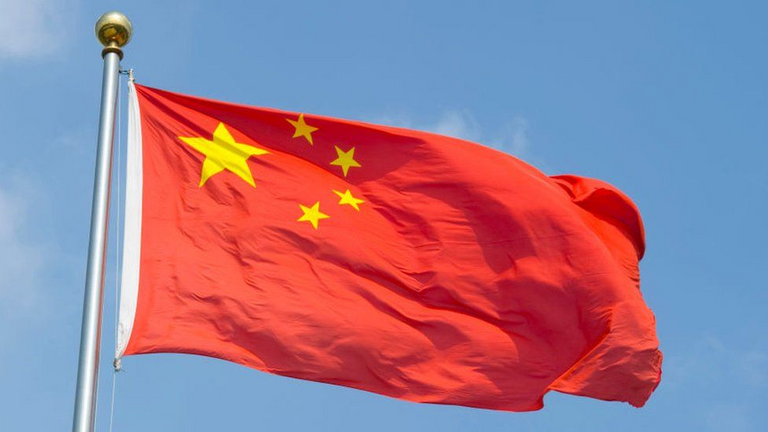
Premise:
The poor distribution of food resources is the main reason why, according to FAO data, in 2020 there were 770 million malnourished people in the world, 118 million more than in 2019, and 160 million more than in 2014.
Again as a premise, we would like to point out that China currently accounts for approximately 18.5% of the world population.
What are the Chinese production capacities in the food sector?
12% of the world's permanent pastures and 9% of cultivated land are located in China.
China is responsible for about 25% of the world production of rice and potatoes and just under 20% of that of wheat.
In addition, Chinese farms produce around 40% of the pork in the world.
China ranks first for egg production, with about 35% of global output.
It also leads the ranking in the field of fishing and aquaculture, with 36% of total production.
Although China is a world leader in food production, as we have just seen, it is also the country that imports it the most.
In 2020 alone, Chinese food imports (excluding drinks) amounted to 98 billion dollars, a figure so high that it completely eclipsed exports. Beijing is also the second largest rice importer in the world.
But the situation is more troubling than you think.
According to data from the US Department of Agriculture in the first half of the 2022 harvest year, China will hold 69% of global corn reserves, 60% of rice and 51% of wheat.
Chief of Strategic Reserves Administration Qin Yuyun said Beijing is maintaining historically high food reserves, and that, for example, grain reserves are sufficient to meet domestic demand for 18 months.
Not only that, in April 2021 a law was approved that severely punishes food waste: Heavy fines for catering services and restaurants that do not ensure that customers do not waste food and that do not display signs and notices that encourage frugality. ; Prohibition of disseminating videos of people who binge, under penalty, in the most serious cases, the closure of the responsible media.
The fact that a country that has 18% of the world population imports and accumulates more than 50% of the cereals produced (in addition to enormous quantities of meat) can only have a simple consequence: a shortage for all the others and a consequent increase in prices.
Also according to FAO, in November 2021 the price index was 30% higher than in the same period in 2020, which aggravates the situation for those hundreds of millions of people in a state of malnutrition and certainly does not help the recovery in the West. , where millions of families have funded their savings to cope with the consequences of the pandemic. We recall that in addition to the increase in food prices, we are faced with an unprecedented surge in energy prices.
But beyond all this, there is a question we must ask ourselves: why is the Chinese regime piling up food at a rate never seen before? What do the leaders of the Chinese Communist Party think can happen in the world?
We do not have a certain answer to this question, but one thing is clear: if China stocks food, we should pick up the signal and immediately strengthen European domestic production as well as build more important strategic reserves.
In the last two years the world has become a much more unstable place, rather than a utopian return to "normal life" we should strategically reflect, strengthen our society and make it capable of withstanding and surviving global crises: be it a pandemic, a war or the consequences of climate change do not matter, what matters is that the lack of food is the mother of all the problems that lead to the overthrow of an established order and the descent into chaos of a society.